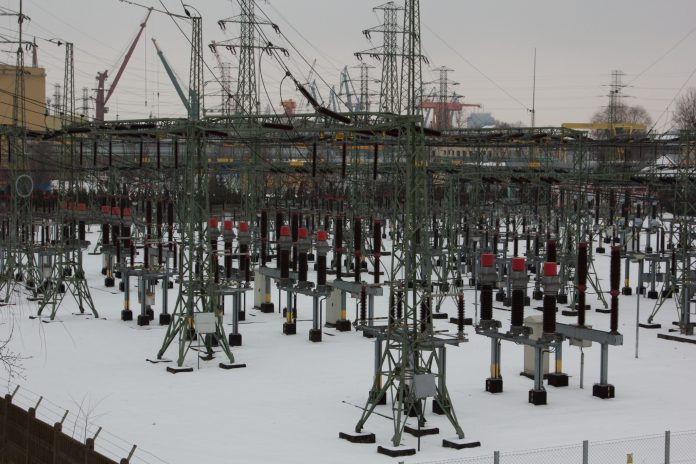Latvia, Estonia and Lithuania will be able to decouple their power grids from Russia, according to a deal signed by the Baltic states, Poland and the European Commission on June 28.
Baltic electricity systems will instead be hooked up to the Continental European Network (CEN) via Poland by 2025, under the agreement was signed by the prime ministers of Poland, Latvia and Estonia, the president of Lithuania, and the chief of the European Commission, Jean-Claude Juncker, in Brussels.
As reported by Radio Poland online, Polish Prime Minister Mateusz Morawiecki was quoted as saying during the signing ceremony that his country is helping the Baltic states break their dependence on Russia.
“We are taking a very serious step in the right direction today, one whereby Poland is boosting the energy security of the Baltic states, while at the same time showing solidarity with these countries and consistently implementing its own policy of enhancing energy security,” he said.
According to the Reuters news agency, the agreement ends years of bickering among the three countries over how best to synchronise their electricity grid with the Continental Synchronous Area of their partners to the west and paves the way for EU funds to be disbursed for the €1bn project.
“We worked nine years for the agreement,” President Dalia Grybauskaite told Lithuanian LRT television on June 28.
“This is the last millstone tied to our feet, keeping us from real energy independence,” she said. “That tool of blackmail, which was used (by Russia) to buy our politicians and meddle in our politics, will no longer exist.”
The Russian and Continental European systems both operate at a frequency of 50 Hertz, but are not synchronized. The Russian system is run from Moscow, whereas the continental one is decentralized.

